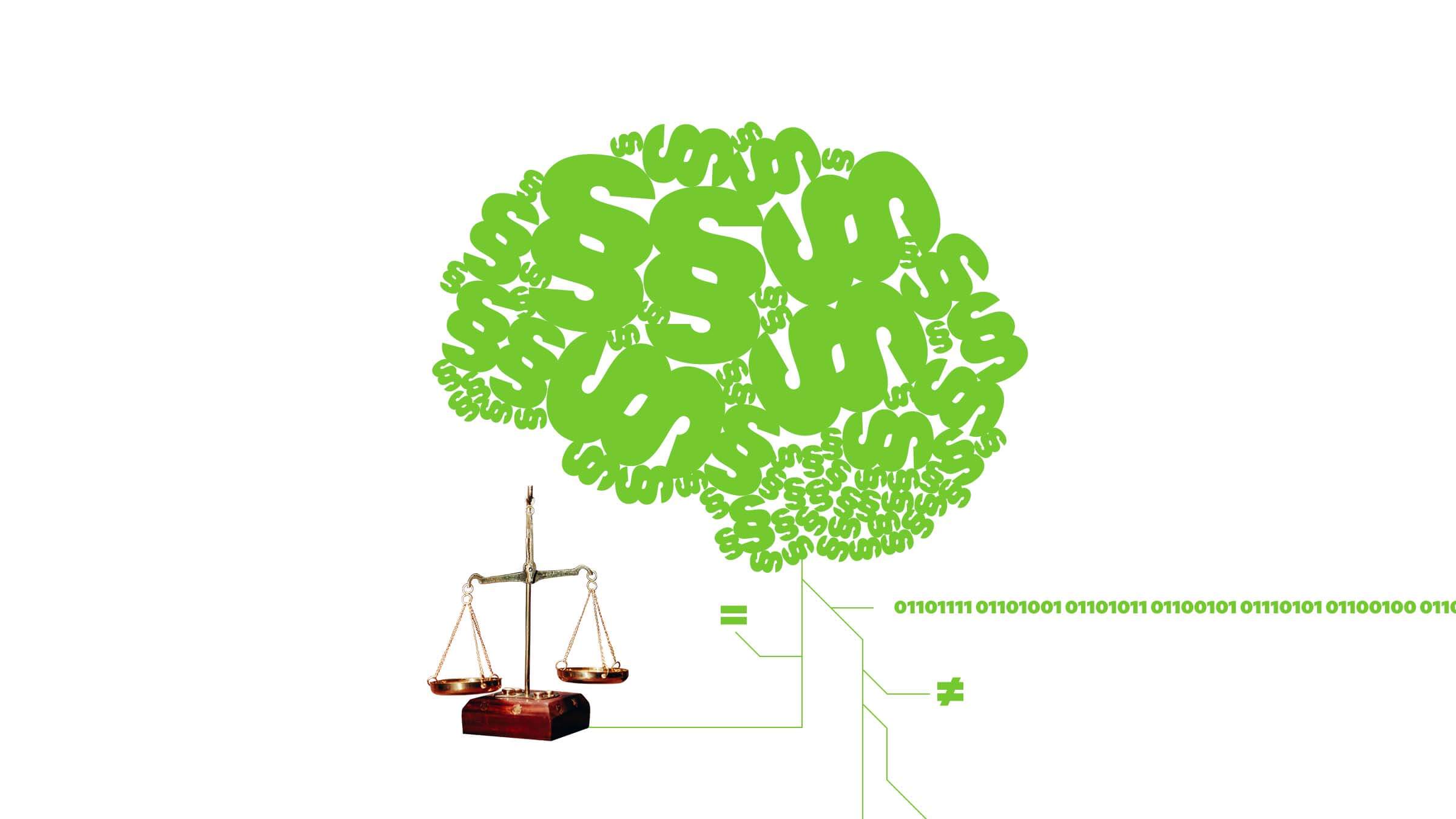AI is already used in a wide range of contexts and its use in the public sector will continue to grow in the future. It will make many jobs easier and improve the quality of decision-making. The use of AI is currently hampered by the illusion of human objectivity and thoroughness. In an increasingly complex world, there are a growing number of areas where machines are more accurate and reliable than humans.
There are risks associated with new technologies, including AI. Technology risks need to be identified, assessed and monitored as technology continues to evolve. The legislative situation governing the use of AI is also changing: the increasing use of AI in the public sector requires updated legislation. The national legislative process coincides with the development of EU regulation.
Technological and legislative developments will expand the scope for using AI, which will require co-operation and skills development.
The study (in Finnish, summary in English) concludes with a set of recommendations for action and legislative development in the field of AI. The study highlights the following recommendations for the broader uptake of AI:
- Accelerating the ongoing legislative processes and other regulatory work. The ongoing legislative work on automated decision-making and public administration information systems has a broad role to play in shaping the conditions for the use of AI in the public sector. For instance, the preparation of legislation should adequately address the use of learning AI. In addition to general administrative regulation, sector-specific legislative processes are also being prepared. The threshold for using AI could be lowered with the adoption of voluntary codes of conduct and risk management systems.
- Increasing the understanding of AI by public authorities. Building experience through pilots, co-operation with the private sector and, for example, increasing procurement skills are ways to gain the discernment needed to use AI effectively.
- AI as an enabler of good and effective administration. Public authority requirements are the basis for an ethically sustainable use of AI, not a barrier. Used properly, AI promotes good administration.
- Conducting further studies. The conditions for AI-based discretionary decision-making should be further explored.
Sitra’s aim is to use the study to outline the primary areas in the public sector in which AI could be used and to highlight the key legal constraints and good administration requirements for the use of AI. It cannot be overstated that fundamental and human rights and the principles of good governance in public administration must always apply to the use of AI.
The readiness to use AI is a prerequisite for efficient and effective public administration in the future. To some extent, it already is, which is why the development of legislation is urgent.

